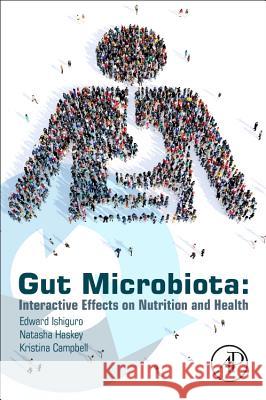Gut Microbiota: Interactive Effects on Nutrition and Health » książka
topmenu
Gut Microbiota: Interactive Effects on Nutrition and Health
ISBN-13: 9780128105412 / Angielski / Miękka / 2018 / 208 str.
Kategorie:
Kategorie BISAC:
Wydawca:
Academic Press
Język:
Angielski
ISBN-13:
9780128105412
Rok wydania:
2018
Ilość stron:
208
Waga:
0.36 kg
Wymiary:
22.86 x 15.24 x 1.12
Oprawa:
Miękka
Wolumenów:
01
Dodatkowe informacje:
Bibliografia











